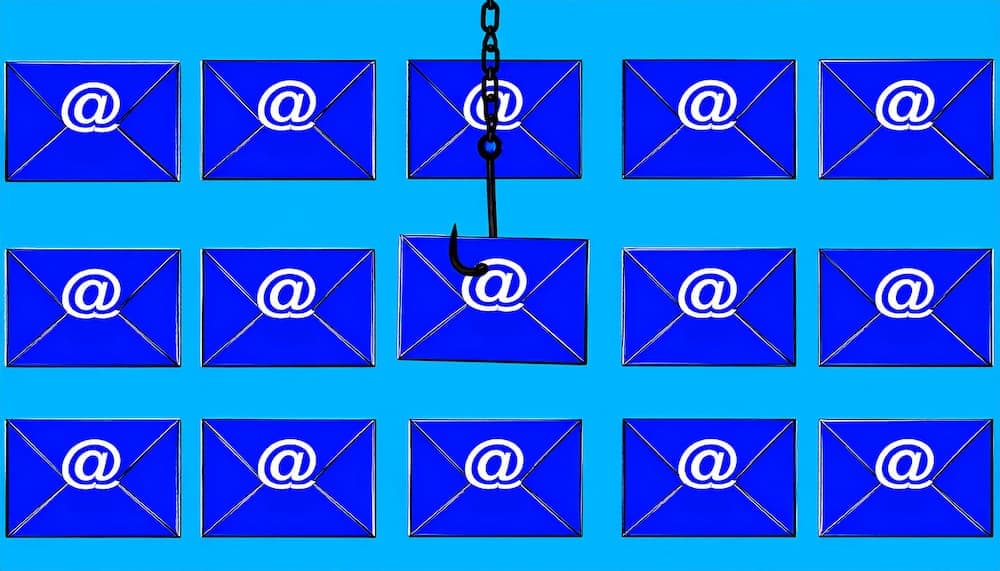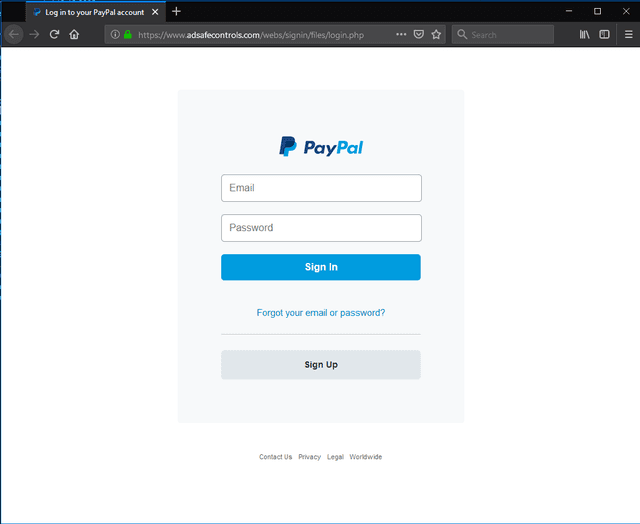Phishing with a sense of urgency
Cybercriminals create fake urgency to make you act fast. Discover how to slow down and spot phishing scams.
Tyler Moffitt
2 min read

PayPal, one of the largest online payment systems, is being spoofed by scammers in an attempt to phish customers' account information.
In this campaign, cybercriminals are sending out hundreds of thousands of emails in an attempt to get unsuspecting end users to click on a link within the email and ultimately submit their information. Cyberthieves are then able to use that information and steal money from the users PayPal account.
The campaigns OpenText Cybersecurity have been intercepting come in two different variants. The first variation warns the recipient that inaccurate information was found on their PayPal account. The second variation warns the recipient of unusual login activity on their PayPal account. Both forms of the campaign use a sense of urgency by noting the recipients' accounts will be closed unless they act quickly and click the malicious link they have placed within the email.
Here are some examples of these PayPal phishing campaigns
In this sample, the scammer is informing about receiving wrong information; therefore, the PayPal will be closed if the account is not verified or confirm. However, according to PayPal, accounts are closed when inactive for a long period; not for having the wrong information.
This sample alerts the recipient of unusual activity and decides to close the account unless you log in to prevent this measure from happening. The URL will take you to a deceptive "PayPay" login page.

Any information entered on this page will end up in the hands of the scammer. Please be advised, the login page below is using SSL connection. Even though a website has a lock icon in the web address, it does not mean the website is safe. It only means the connection is secured.
Do not trust emails you receive that convey a sense of urgency. Be aware of red flags.
